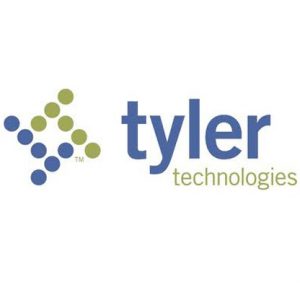For years, agencies have heard data is the new oil. But much like oil can flood an engine, data can overwhelm an agency’s innovation. When agencies have more data than their workers can comprehend, it can become an obstacle to ingenuity.
Fortunately, agencies can develop workforces capable of understanding and acting on organizational data in real time. Agencies with effective data practices can innovate quicker and more efficiently for citizens.
For these data cultures to thrive, agencies need feedback loops among the public and their employees and leaders, said Oliver Wise, Director of Recovery Solutions at Tyler Technologies, a public-sector software provider.
Using Austin, Texas, as an example, Wise shared three ways agencies can become more data-savvy.
1. Go After Goals
Wise recommended agencies draft strategic goals based on the data they have. Using this information, these agencies can make the adjustments necessary for reaching their objectives.
“The power of data is when it can help agencies learn and adapt to the situation on the ground,” Wise said. “Strategic plans become living documents.”
Take Austin’s sustainability programs. Municipal employees routinely analyze the latest data about the city’s sustainability, so they can make initiatives more beneficial to residents, Wise said.
“If Austin’s data tells them they’re missing the mark, or they have a pain point, they can enlist their performance management apparatus to attack those problems,” he said.
2. Collaboration Is Key
Healthy data cultures also need boundless collaboration. By eliminating internal and external data silos, agencies consider more perspectives on the information they have. In turn, this diversity can make agencies more innovative.
“Different agencies collect data around the same places and businesses,” Wise said of one mistake agencies frequently make. “They have to be able to connect the dots between those different data silos.”
Imagine Austin’s economic recovery after the COVID-19 pandemic. About 12 agencies are connected to the city’s businesses, Wise said. Starting now, these agencies will need to cooperate, or businesses might not experience the best possible rebound going forward.
“If you have a strong data culture and the infrastructure to share data across the entire enterprise, you are going to find opportunities to collaborate,” Wise said.
3. Keep Citizens Connected
Ultimately, agencies exist to serve the public. People can provide agencies with the input they need to improve public services.
“Data has to be shared with the public to earn the public’s trust,” Wise said. “In any successful government program, you have to put the citizen in the center of it and make sure their needs are addressed.”
Tools such as Tyler Technologies’ Socrata data platform, built on the Amazon Web Services (AWS) Cloud, can link citizens, employees and leaders into informative feedback loops for agencies. Once established, these feedback loops can anchor the sturdy data cultures agencies need for optimum public services.
This article is an excerpt from GovLoop’s recent guide, “Reinventing Government: 20 Innovations for 2020.” Download the full guide here.





Leave a Reply
You must be logged in to post a comment.